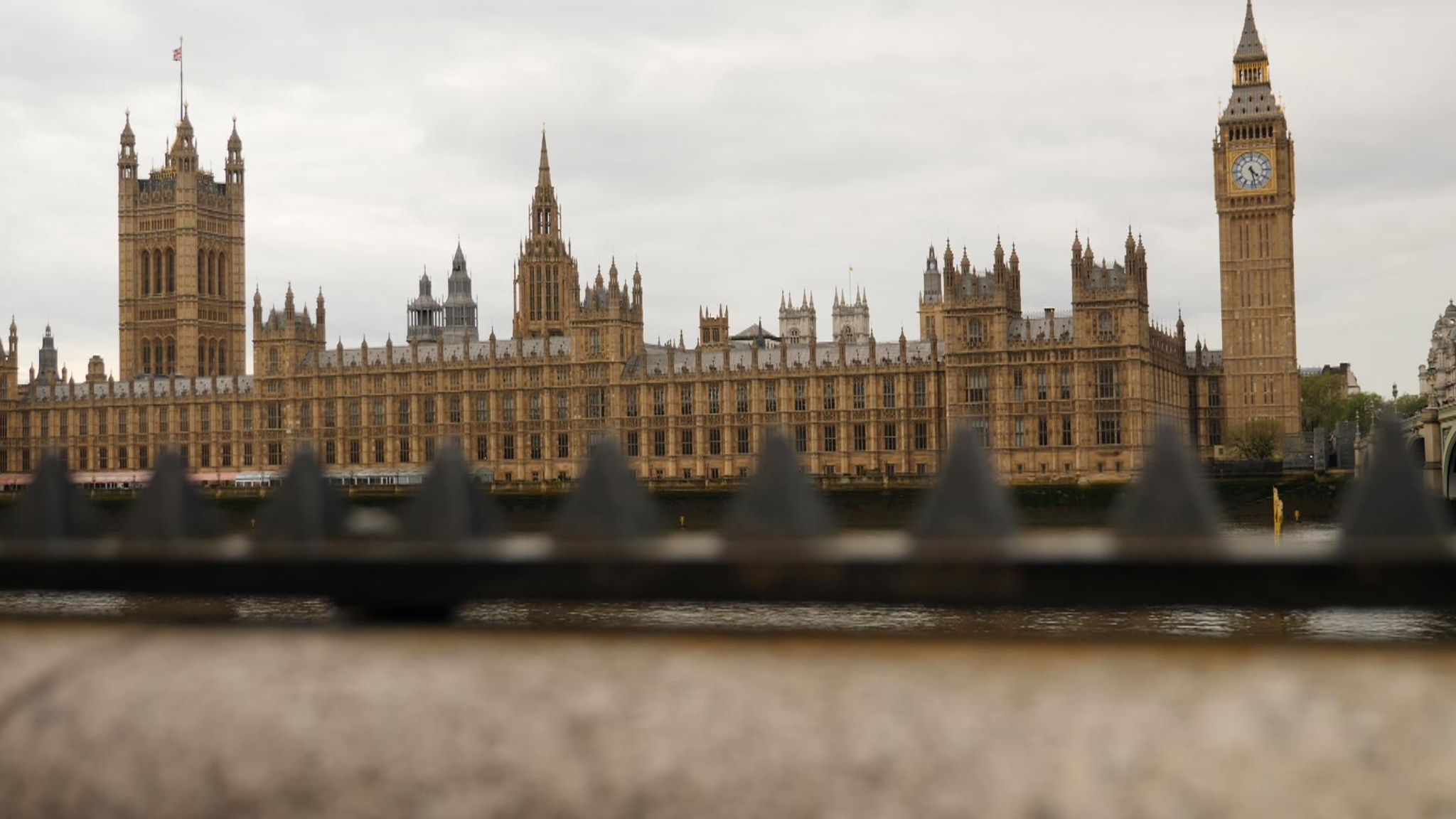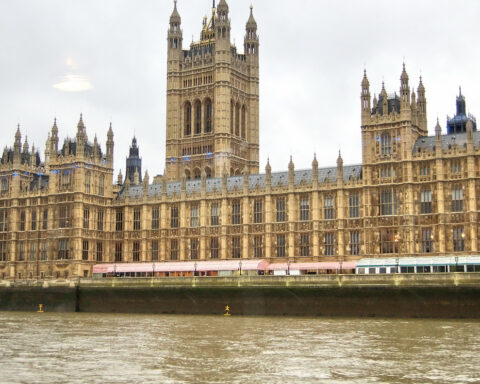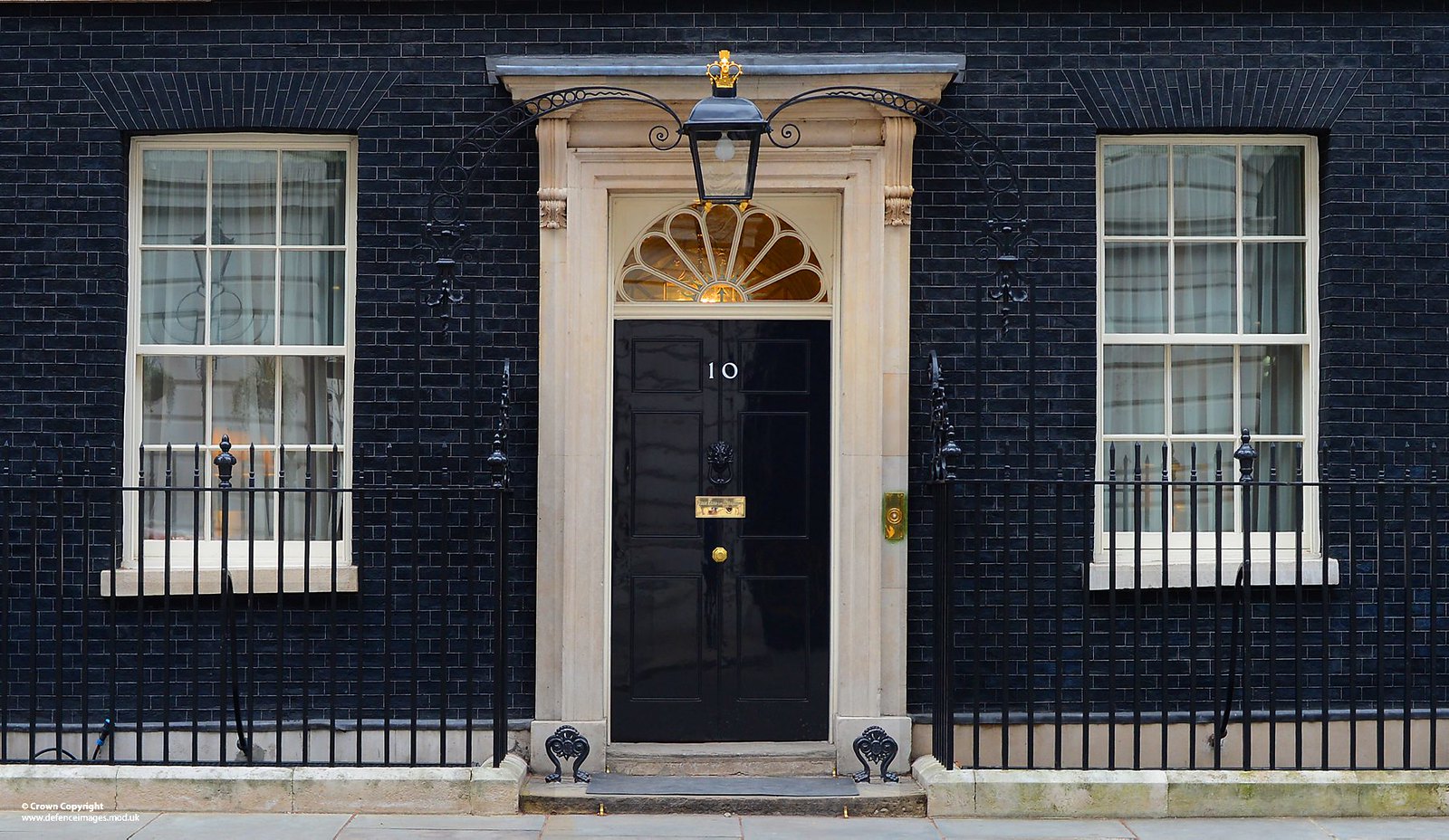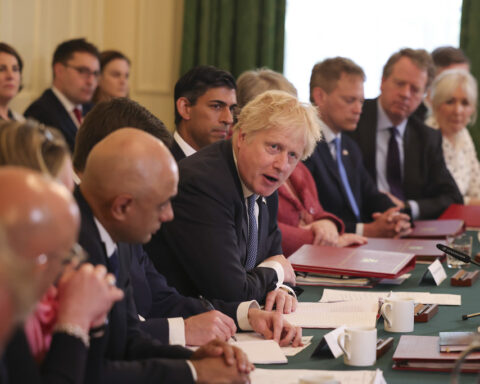In a landmark decision, the UK House of Commons has voted to implement measures that will exclude Members of Parliament (MPs) from parliamentary proceedings if they are arrested on suspicion of committing serious offences, particularly violent or sexual crimes.
This decision marks a significant shift in parliamentary protocol, emphasizing the importance of accountability and safeguarding within the political sphere.
The vote, which took place following a series of incidents involving MPs in recent years, comes amidst growing concerns about the safety of parliamentary staff and the integrity of the political institution.
Members of Parliament voted to reject the government’s proposal, which suggested imposing a ban only upon formal charges, opting instead to enforce exclusions at the point of arrest.
The decision to reinstate the original recommendation from the House of Commons Commission, proposed by Lib Dem MP Wendy Chamberlain and Labour MP Jess Phillips, highlights a resolute commitment to prioritizing the welfare and protection of individuals within the parliamentary estate.
With a majority of one vote (170 to 169), MPs demonstrated a united stance in favor of upholding standards of accountability and responsibility among their peers.
The amendment passed by MPs signifies a departure from previous practices, wherein party whips held discretionary power over whether an accused MP should be allowed to continue their parliamentary duties.
Under the new measures, a rigorous risk assessment process will be initiated upon notification of an MP’s arrest for a violent or sexual offense.
This assessment, overseen by a panel appointed by Commons Speaker Sir Lindsay Hoyle, aims to ensure swift and decisive action in addressing potential risks and upholding the integrity of parliamentary operations.
The decision has been met with widespread support from various quarters, including trade unions and advocacy groups, who view it as a crucial step towards fostering a safe and inclusive working environment within parliament.
Mike Clancy, the general secretary of the Prospect trade union, hailed the outcome as an “important and overdue victory for common-sense,” emphasizing the significance of providing parliamentary staff with the security they deserve.
However, amidst the prevailing sentiment of triumph, voices of dissent have also emerged.
Former minister Sir Jacob Rees-Mogg criticized the exclusion plans as an “extraordinary power grab,” raising concerns about its implications for parliamentary sovereignty.
Similarly, Sir Michael Ellis, a former attorney general, cautioned against imposing sanctions prior to the determination of guilt, underscoring the fundamental principle of due process.
Nevertheless, proponents of the amendment, led by Jess Phillips, remain steadfast in their conviction that immediate exclusion at the point of arrest sends a powerful message of support to victims of violent and sexual crimes.
By prioritizing the safety and well-being of individuals within the parliamentary community, MPs have taken a significant stride towards fostering a culture of accountability and transparency in British politics.
As the new measures come into effect, they serve as a testament to the evolving standards of governance and ethics within the corridors of power.
The decision reflects a collective commitment to upholding the values of justice, integrity, and respect for all individuals, both within and outside the realm of politics.
With this landmark vote, the UK House of Commons reaffirms its dedication to fostering a culture of accountability and safeguarding the rights of all its members and stakeholders.





